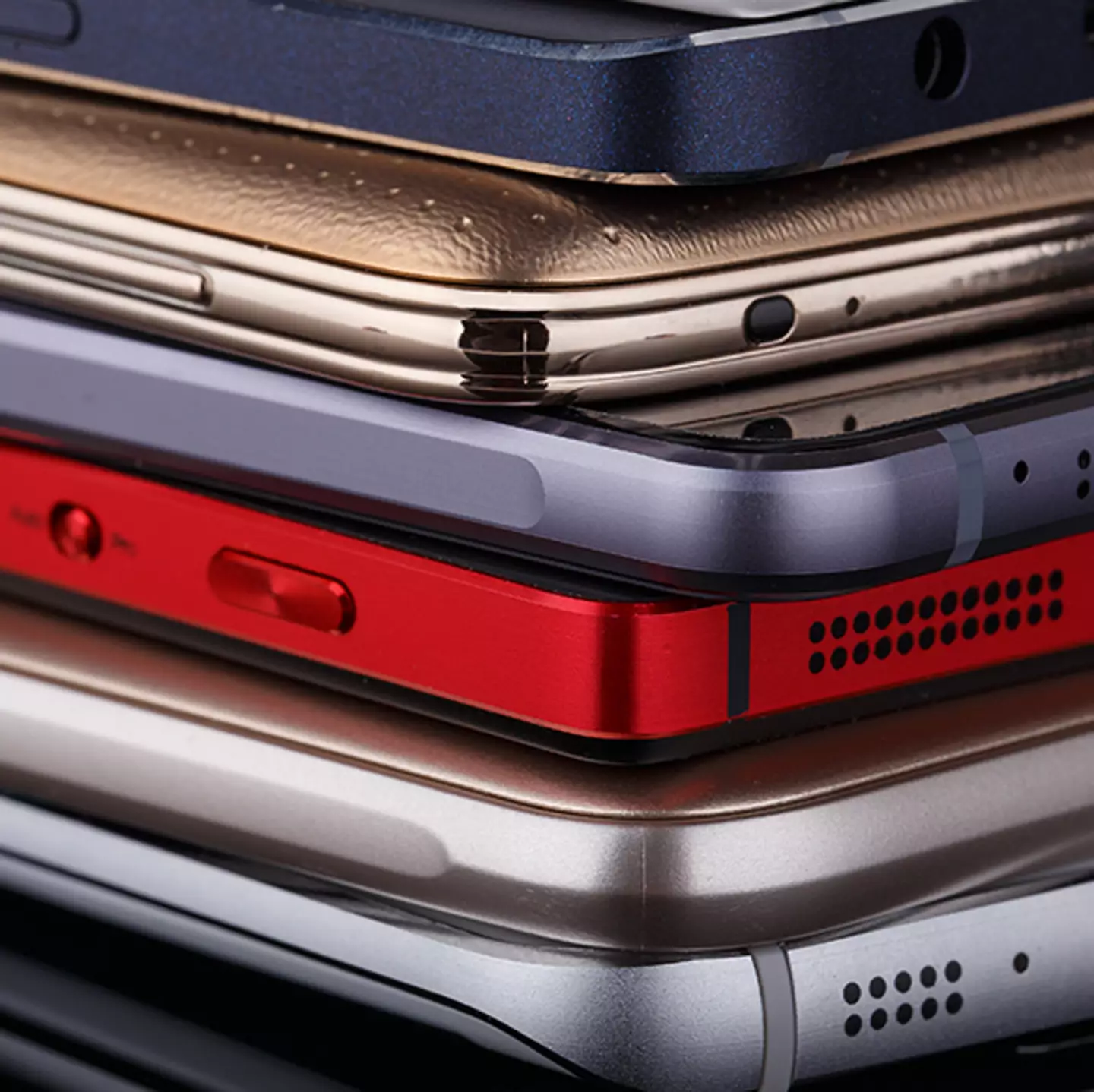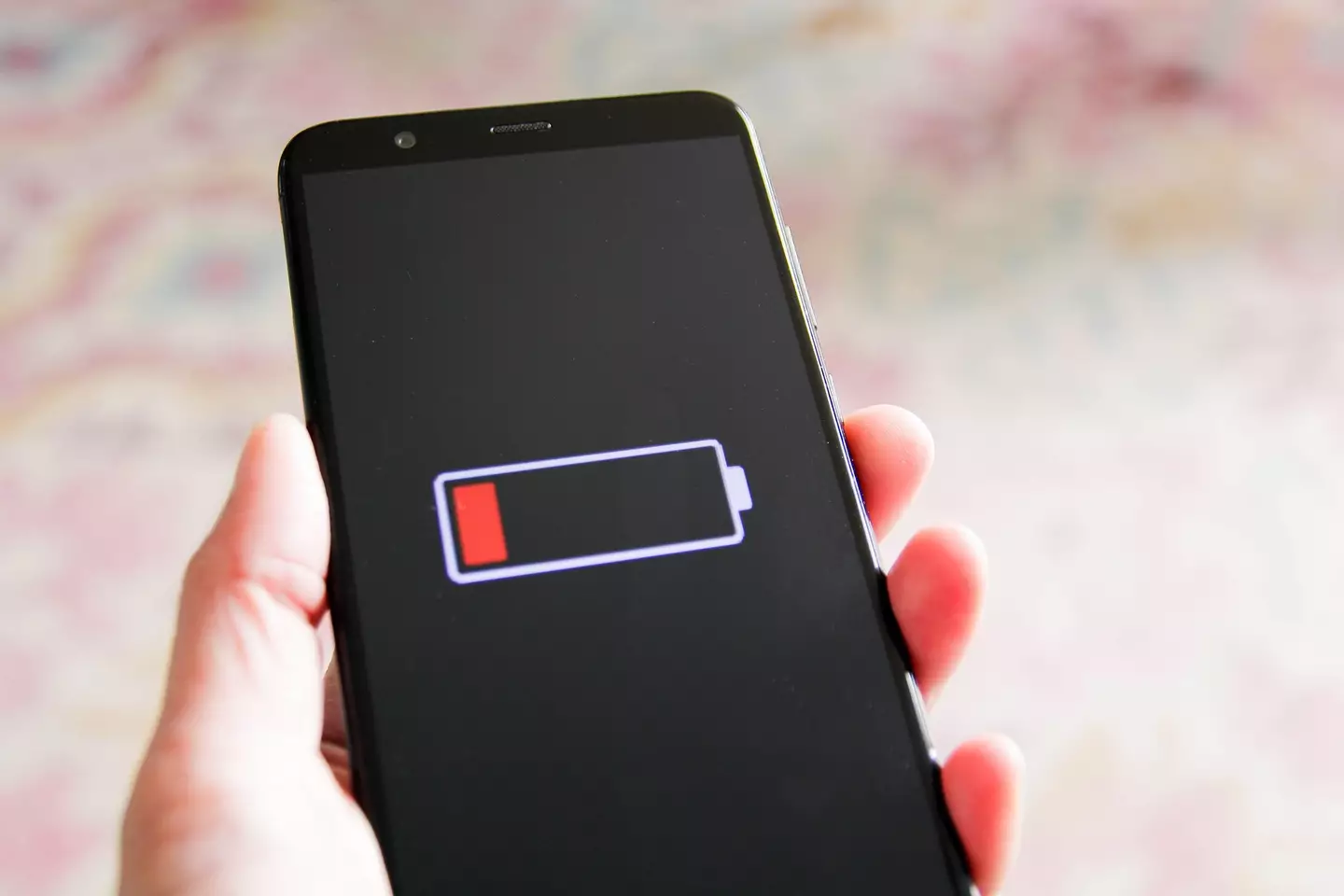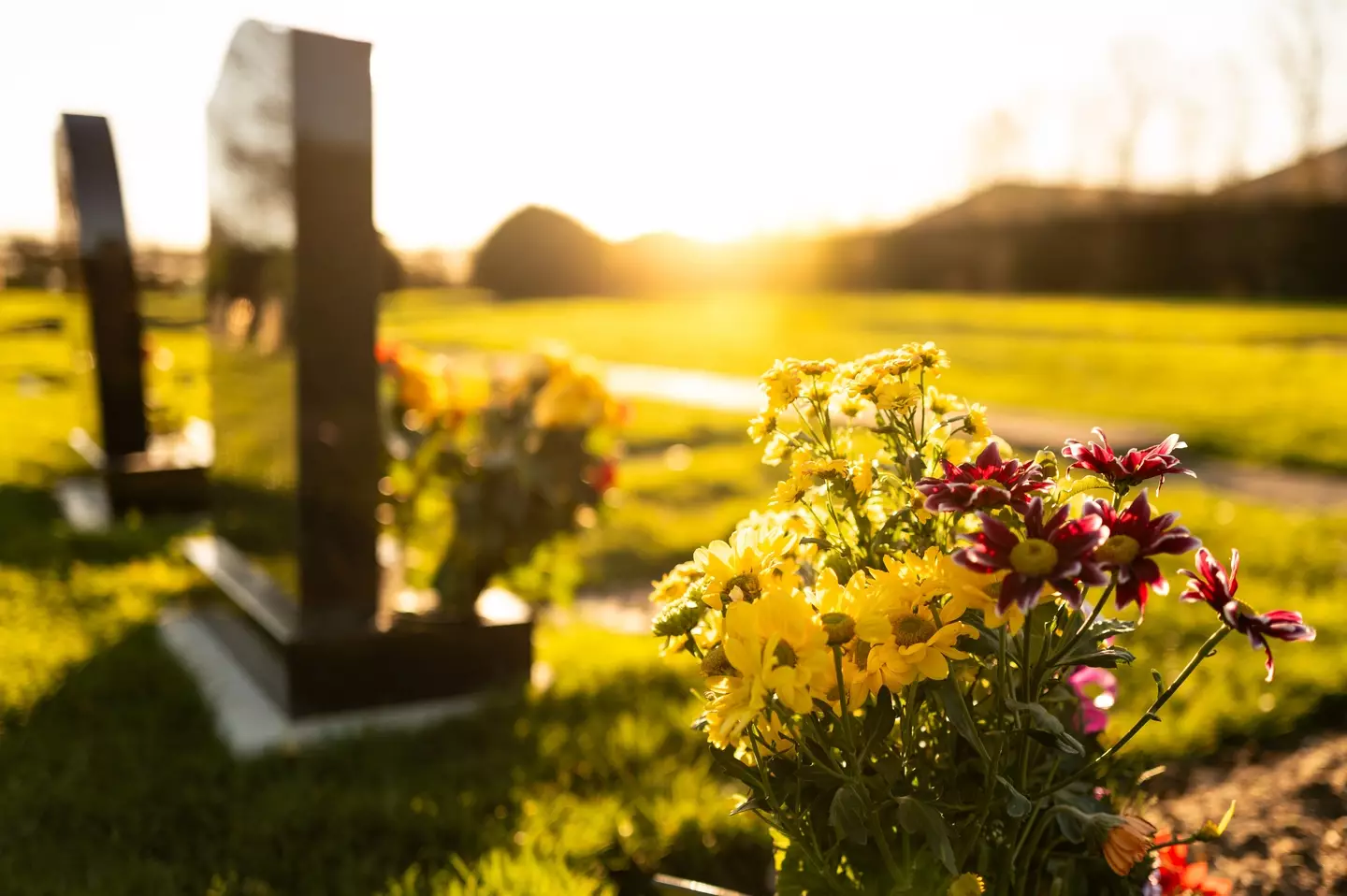
The digital age has made death even more complicated.
Not only are there all the laborious bits of admin to sort out when someone passes on, but they also leave behind social media accounts, emails, and more, largely on smartphones.
Just what happens to these devices, though, is a tricky question, and anyone hoping to ensure a smooth transition of their most important data when they die has a bit of work to do.
With millions of people around the world dying each year, and the majority of those now owning a smartphone of some sort, that's a lot of potential e-waste.
Advert
In reality, most of these phones will eventually end up on the second-hand market if they're not thrown away, since there's little point keeping a device no one is using.

Factory resetting a phone before selling it is important for security, but it also wipes all the data off it, so anyone hoping their loved ones will keep some of that data will need backups in place.
On iPhone, your iCloud subscription should take care of this if you have one, although that's no good if it isn't linked to anyone else's.
This is where good digital record-keeping comes into play, as boring as that might sound. The best way to ensure that your favorite photos aren't lost when you die is to have them in shared albums that someone else has access to - or have them on physical backups like external hard drives that can be passed on easily.
The same goes for documents and files, since your Google Drive or iCloud Drive will only be accessible if you've shared access to it.
Taking the time to get all this set up is a little like writing your actual will - it might feel a bit morbid, but if the worst should happen, your loved ones will be grateful that you took the time to do it.

In fact, making notes in your will about what you'd like to happen to your digital existence is quite important, too, in helping to steer everything.
Social media profiles, for example, can be handled in a few ways, including being deleted if preferred.
Facebook lets you change a profile to be marked as someone who's died, and plenty of profiles have done this.
As more Facebook users pass away, there will be a tipping point where more profiles are for dead people than living on the social network, so don't be surprised if it comes up with some solution to that problem eventually.